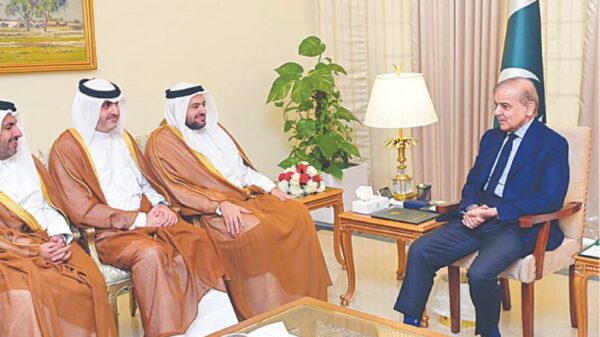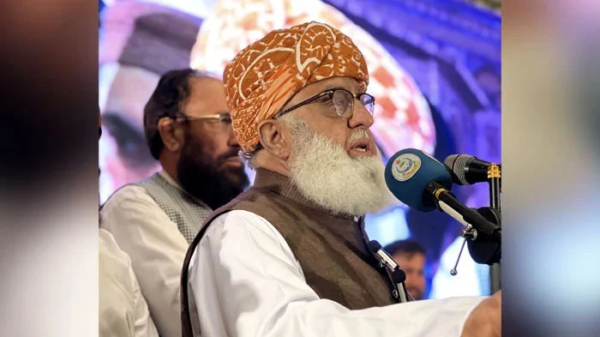London: According to the European Development Bank (EBRD), Russia’s economy would fall by 10% this year and Ukraine’s gross domestic product will fall 20% as the two nations’ war generates “the worst supply shock” in 50 years.
Before Russia invaded its pro-Western neighbour on February 24, the European Bank for Reconstruction and Development expected that the Ukrainian economy would grow by 3.5 percent this year and the Russian economy would grow by 3%.
Since the commencement of the war in Ukraine last month, the EBRD claims to be the first international financial organisation to adjust growth predictions.
According to the latest forecasts, “a truce will be reached within a few months, followed by the commencement of a significant reconstruction operation in Ukraine.”
In this scenario, Ukraine’s GDP should expand by 23% next year, while Russia’s growth is expected to be zero.
The European Bank for Reconstruction and Development (EBRD) was established in 1991 to assist former Soviet bloc nations in transitioning to free-market economies, but it has subsequently expanded its scope to include countries in the Middle East and North Africa.
The bank estimated that its investment zone, which excludes Belarus and Russia, would increase by 1.7 percent this year, down from a November prediction of 4.2 percent.
After that, growth is predicted to speed up to 5% in 2023.
“Projections are susceptible to an extremely high uncertainty,” it said, “including large negative risks if hostilities intensify or if Russia’s gas or other commodity shipments are blocked.”
According to the lender, the global economy is experiencing “the largest supply shock since at least the early 1970s.”
“The bank anticipates that rising commodity prices, notably for food, oil, gas, and metals, would have a significant impact on economies, particularly in lower-income nations,” it said.
“Wheat, corn, fertiliser, titanium, and nickel are among the goods that Russia and Ukraine supply in excessively large amounts.”
Works at The Truth International Magazine. My area of interest includes international relations, peace & conflict studies, qualitative & quantitative research in social sciences, and world politics. Reach@ aimen.bukhari@tti.org.pk










